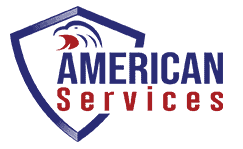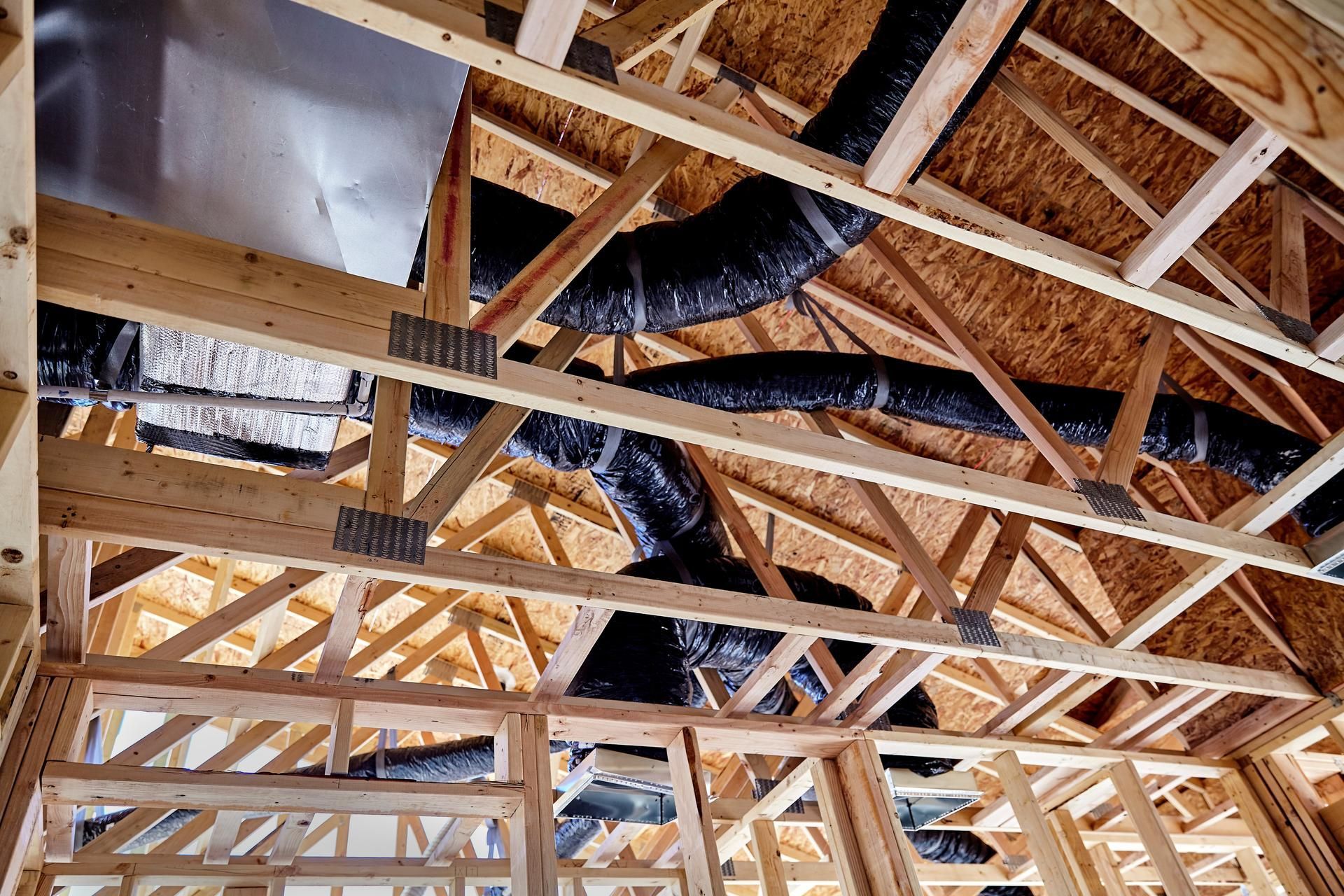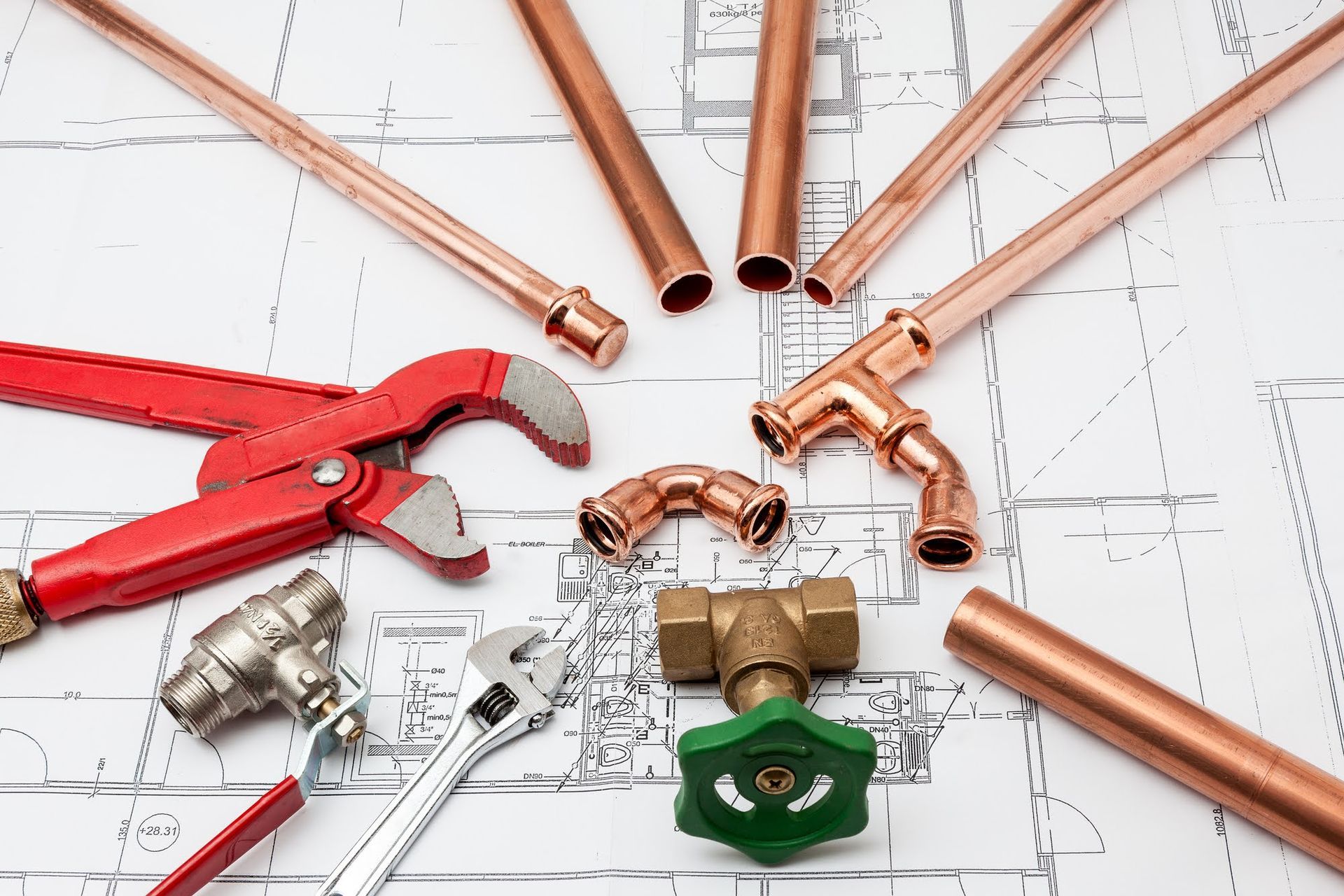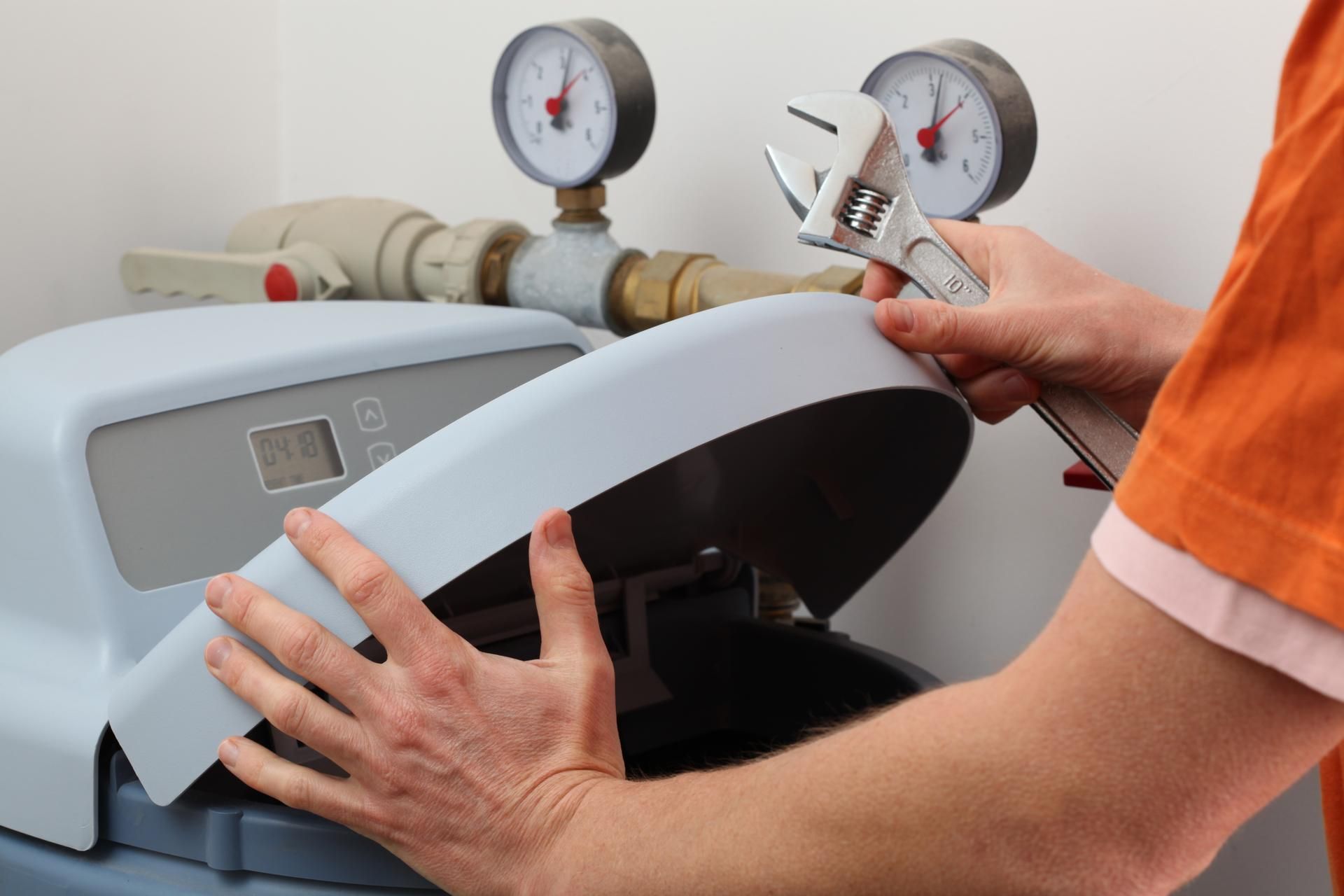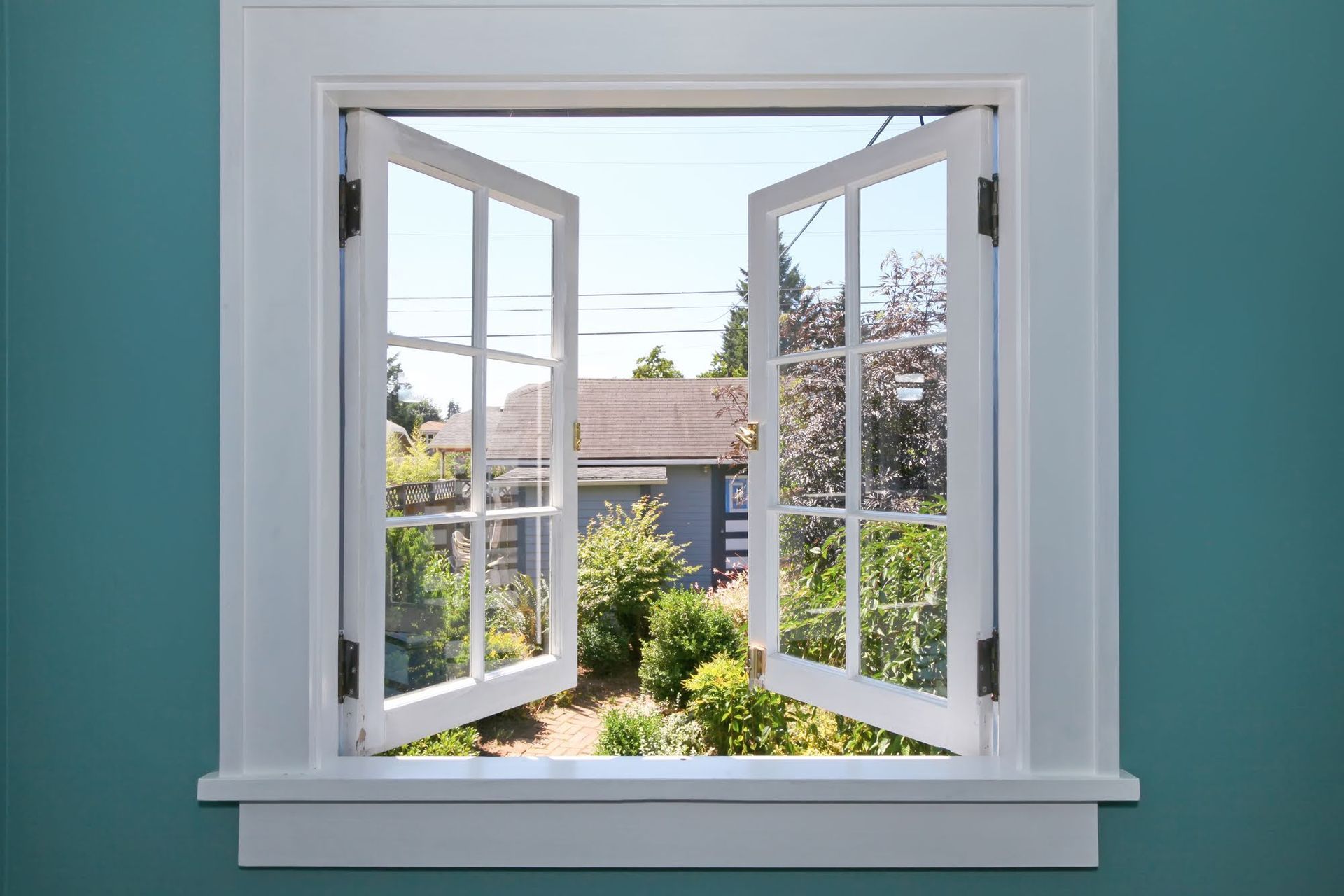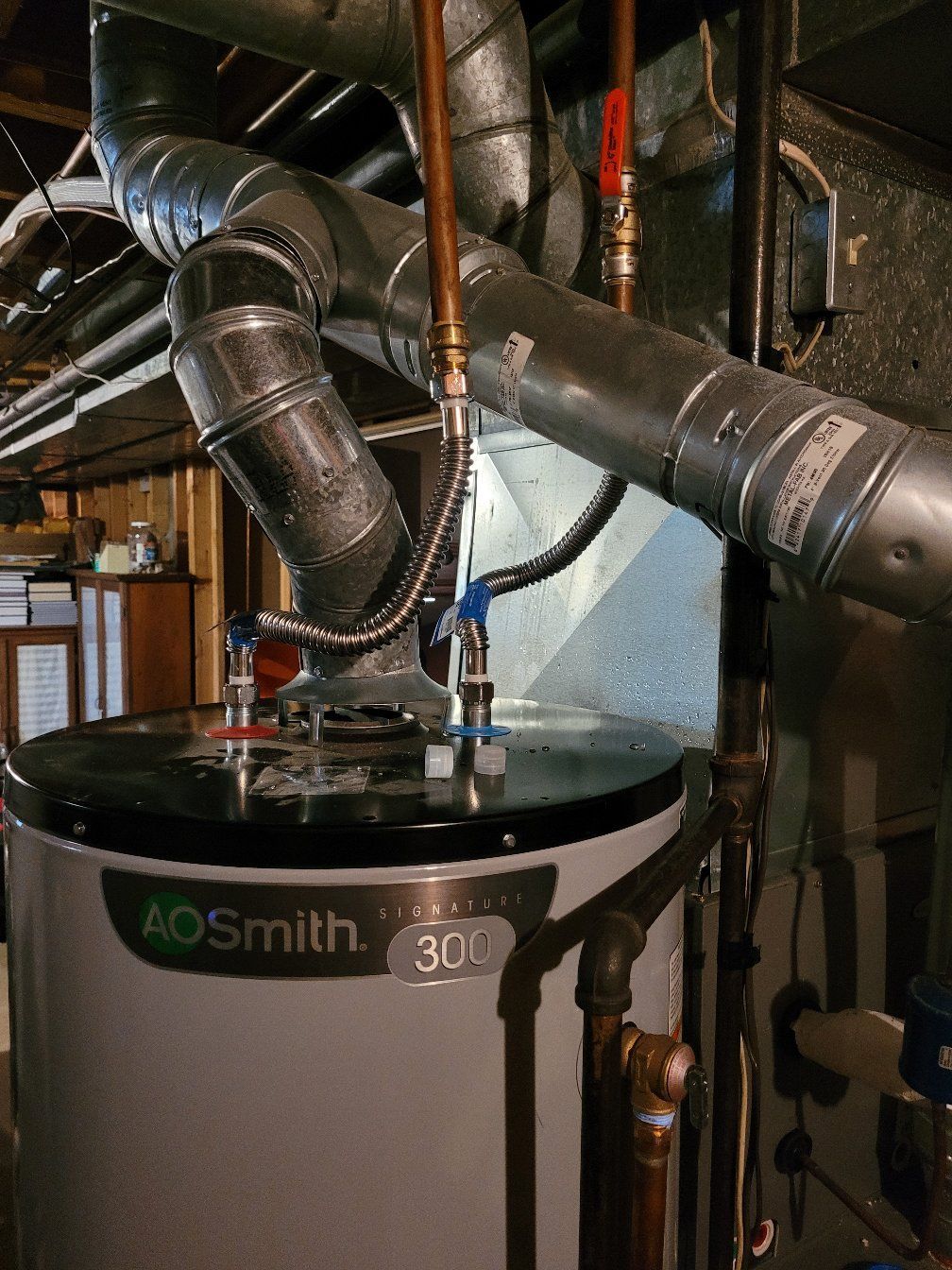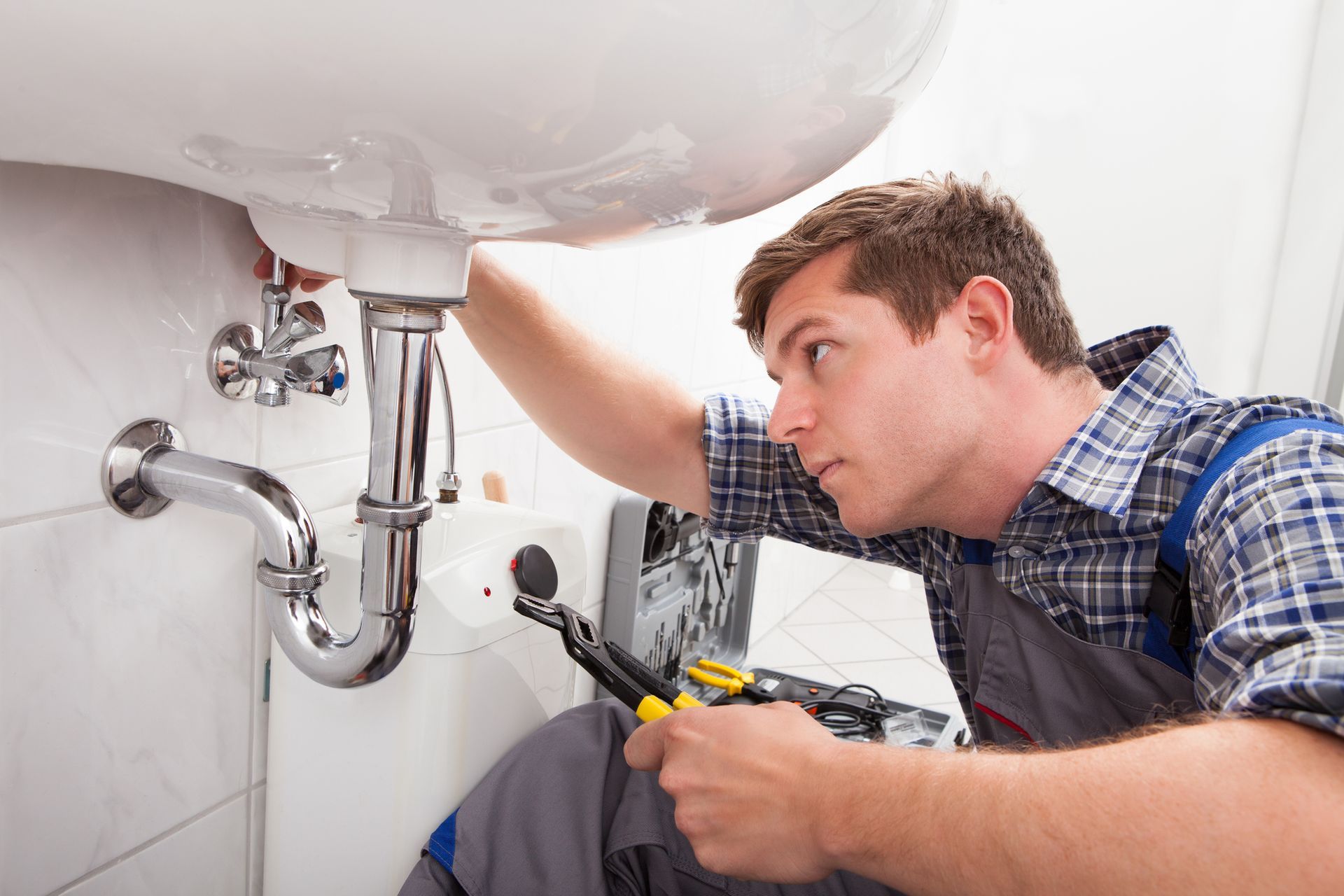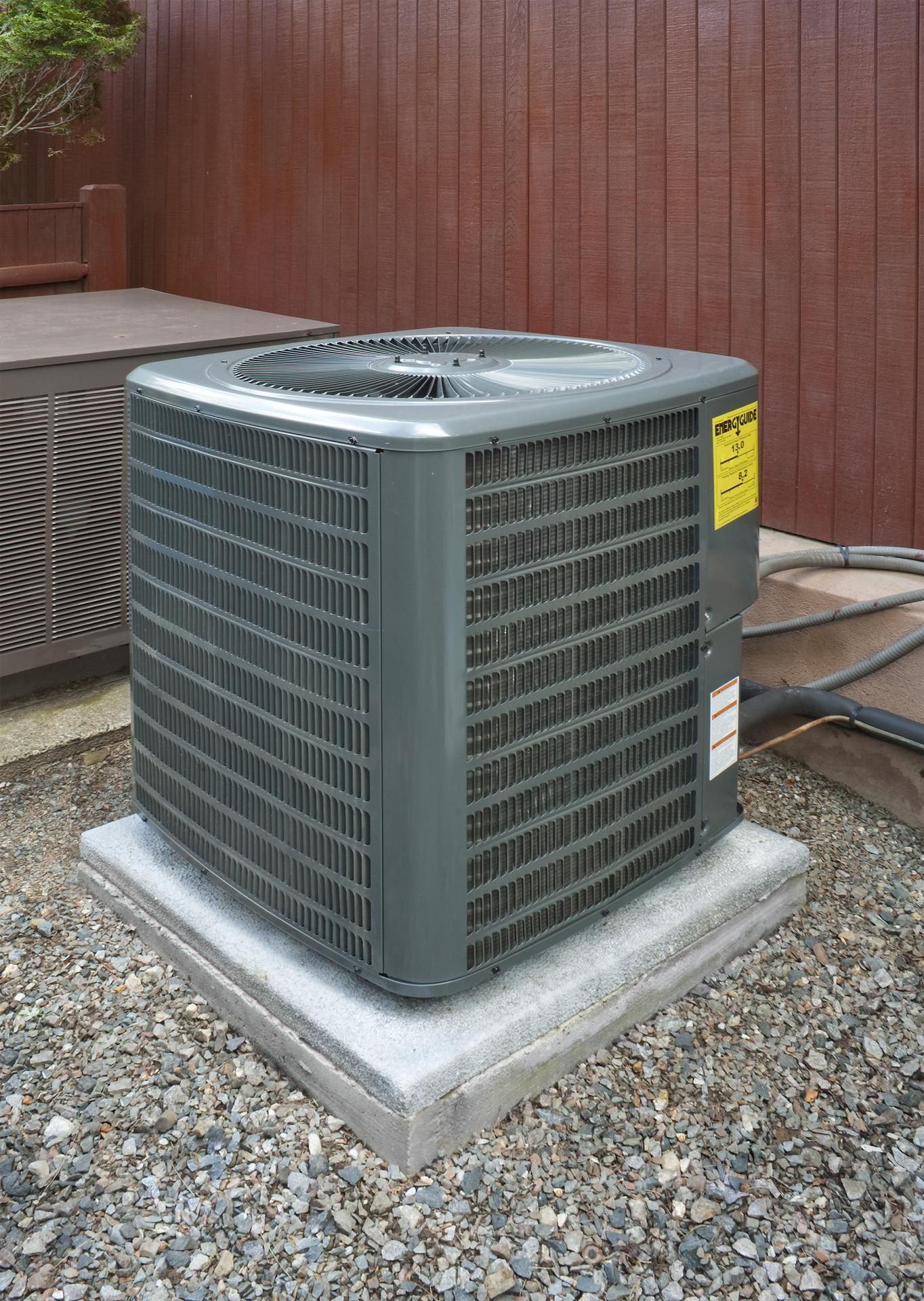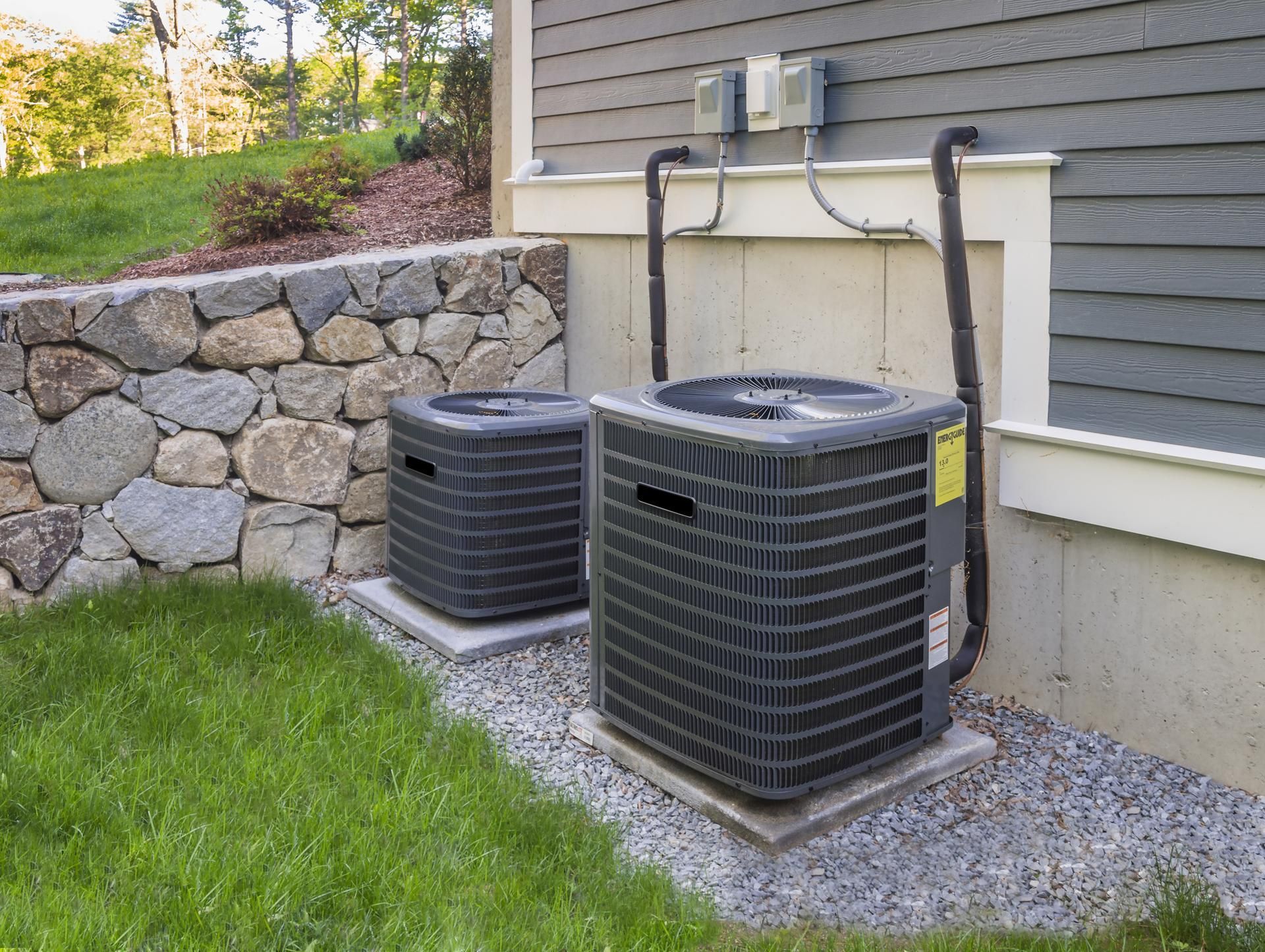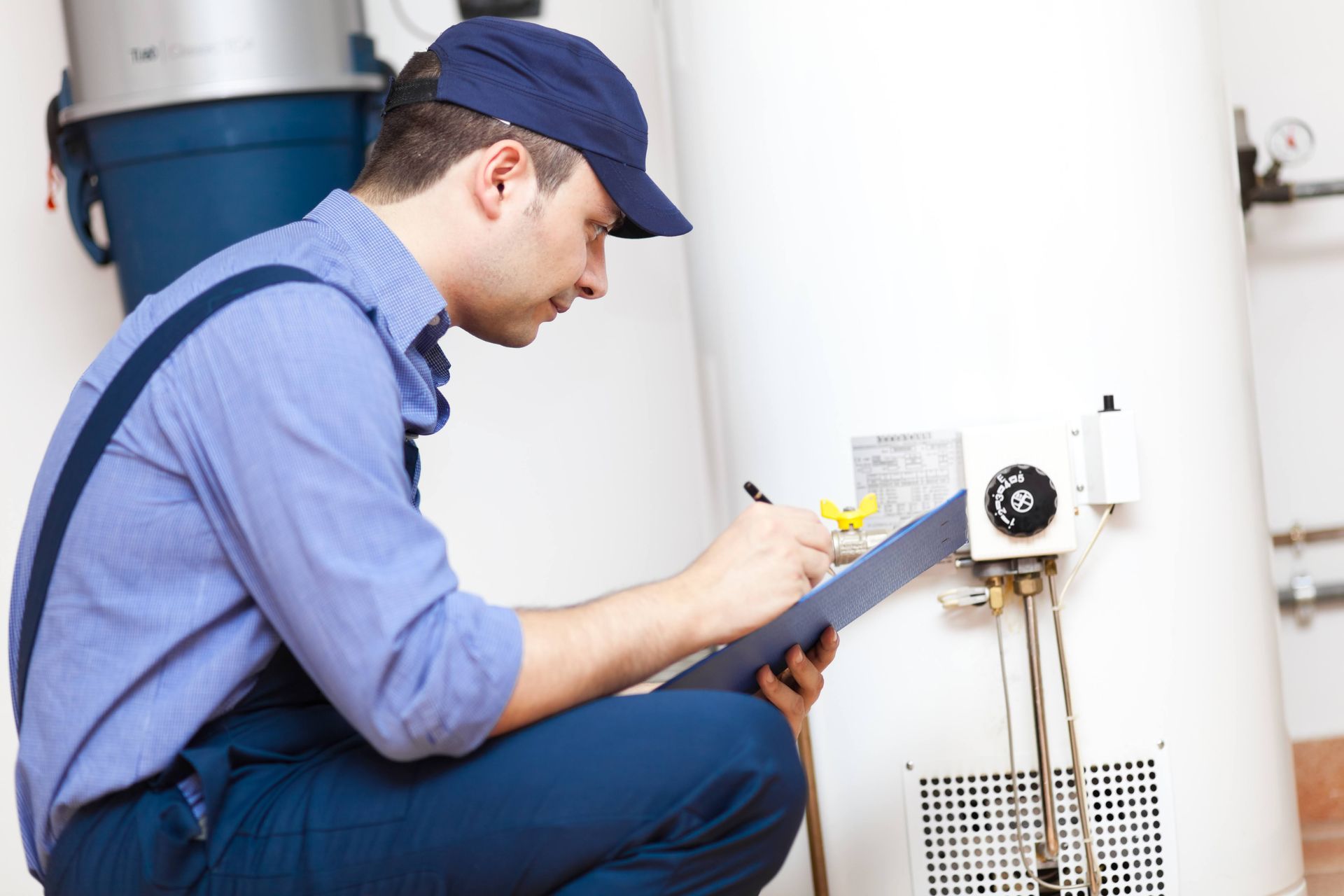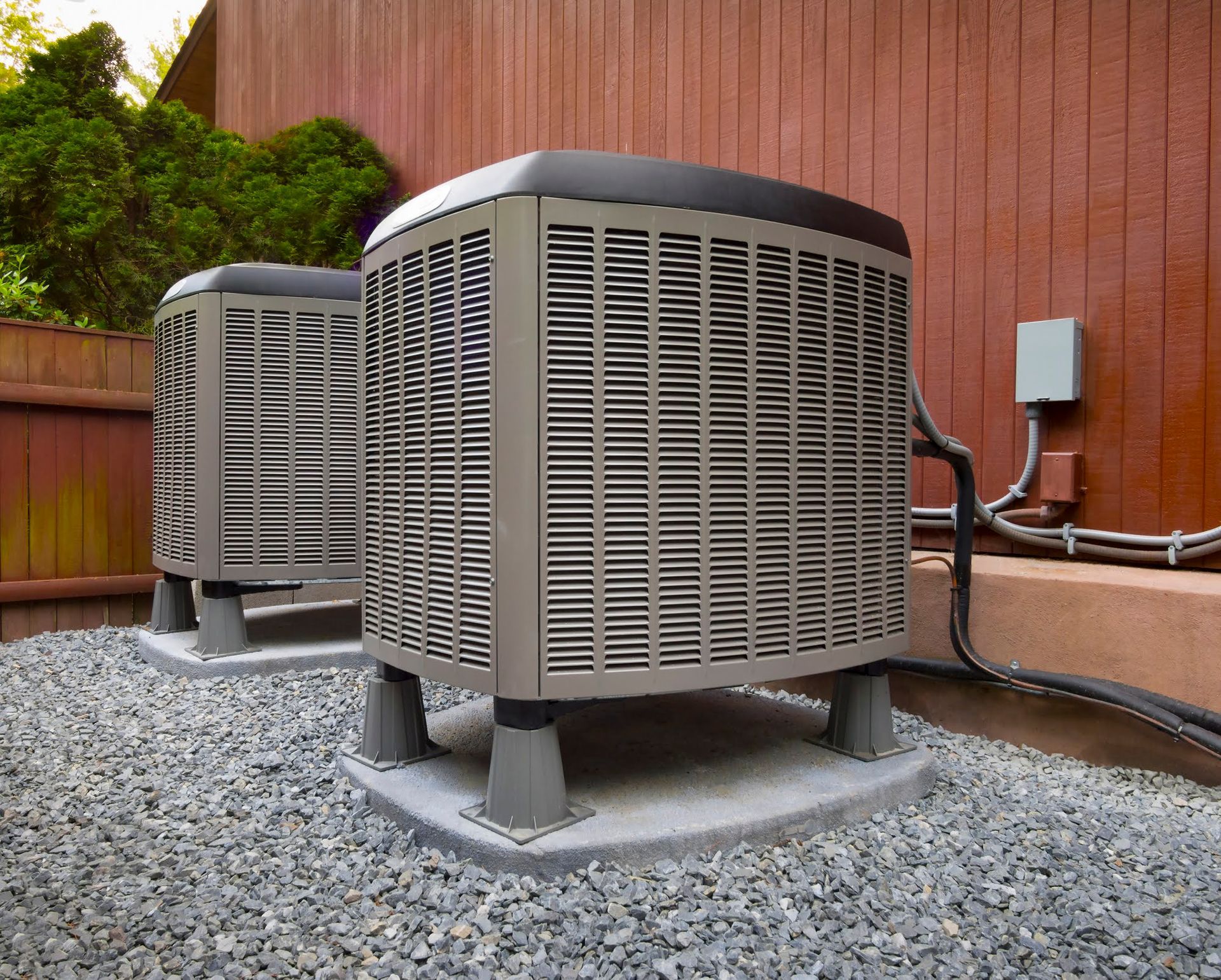5 Causes of Poor HVAC Energy Efficiency
An energy-efficient heating, ventilation, and air conditioning (HVAC) system has significant energy and cost savings. By minimizing energy consumption, these systems also help reduce greenhouse gas emissions and combat climate change. However, several factors can cause your HVAC system to become less energy efficient. Here the common causes of poor HVAC energy efficiency.
1. Clean the Condenser Unit
The outdoor condenser unit plays a crucial role in the cooling process by transferring heat from inside your home to the outside environment. However, debris and other obstacles that accumulate on and around the unit can impede its performance.
A condenser unit covered in dirt, leaves, or other debris restricts the airflow necessary for efficient heat transfer. This obstruction causes the system to overwork, consuming more energy to achieve the desired cooling effect. By removing these impediments, you allow for proper airflow, enabling the condenser unit to operate at its optimum efficiency.
Note that enclosing the condenser unit within a structure is not recommended. Enclosing can inhibit airflow and trap heat, leading to decreased energy efficiency. Instead, ensure that the unit has ample space and is kept clear of any obstructions to maximize its performance and optimize energy consumption.
2. Unblock Indoor Vents
Large pieces of furniture placed in front of vents can obstruct the airflow, preventing the proper distribution of conditioned air throughout the room. Ensuring that vents are unobstructed allows unrestricted airflow, allowing the HVAC system to operate efficiently.
Also, the supply and return vents should be wiped down regularly. Over time, these vents can accumulate dust and debris, which obstructs airflow and reduces the system's efficiency. Cleaning the vents eliminates these barriers and facilitates the smooth flow of air.
3. Install Programmable Controllers
Installing programmable control systems with airflow and temperature controllers, coupled with real-time data analysis through programmable logic controllers, greatly enhances the energy efficiency of HVAC units. These systems enable precise control, adaptability, and optimization based on indoor climate conditions, reducing energy waste and improving comfort. They collect and analyze sensor data and make real-time adjustments to optimize performance.
4. Change Your Filter
The air filter is a crucial barrier, preventing dust and debris from entering the system. When the air filter becomes clogged with accumulated dirt and grime, it obstructs the airflow and forces your HVAC unit to overwork to maintain the desired temperature. The increased burden on the system leads to decreased efficiency and a subsequent rise in energy consumption.
By proactively swapping out the air filter at recommended intervals, typically every one to three months, you can prevent the build-up of contaminants and maintain optimal airflow. This allows your HVAC unit to operate more efficiently, reducing its energy consumption and minimizing strain on its components.
5. Seal All Household Gaps
Focus on areas such as windows and doors, air ducts, and fireplace chimneys to identify potential exit points for air leakage and address them using appropriate measures like caulk and weatherstrips. Windows and doors are common culprits for air infiltration.
Gaps around the frames allow air to escape, causing drafts and unnecessary energy loss. Applying caulk along these gaps ensures a tight seal, preventing unwanted air leakage. Similarly, weather strips installed underneath doors create a barrier against air exchange, minimizing temperature variations and reducing the workload on your HVAC system.
Another area to consider is the fireplace chimney. When not in use, a chimney can act as a channel for air to escape, especially if it lacks a tight seal. Install a chimney cap and ensure the damper is closed properly to prevent air leakage and maintain a more consistent indoor temperature.
Need reliable heating, air, or plumbing services? American Services are expert plumbers who are ready to tackle any issue, from leaky faucets to clogged drains. With our top-notch skills and exceptional customer service, we guarantee prompt and efficient solutions. Contact us now to experience the difference firsthand.
